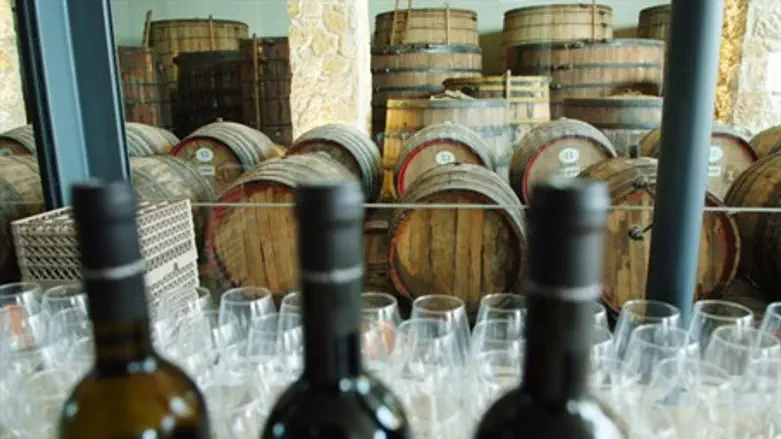
Following the European Union decision to label Jewish products from Judea, Samaria, eastern Jerusalem and the Golan Heights, the Yesha Council on Wednesday published several statistics about the products, factories and workers in Judea and Samaria that are liable to be harmed by the discriminatory move.
In Judea, Samaria and the Jordan Valley combined, there are currently no less than 14 industrial areas in which 890 industrial and agricultural factories operate.
A full 24,000 workers are employed at the factories, and over 15,000 of them are Arabs who live under the Palestinian Authority (PA).
The number of factories and workers has risen in recent years, despite two laws issued by the PA, one against Arab workers employed by Jews in Judea and Samaria, and the other banning Jewish products from the region.
Despite the PA boycott attempts, between 2011 and 2015 the number of factories in Judea and Samaria rose from 680 to 890, representing a 30% increase.
The number of Arab workers employed at Jewish factories also significantly rose, from 12,300 in 2011 to 15,300 in 2015, showing a growth of 24%.
As of 2015, the Arab workers comprised 62% of the workers in the Jewish factories in the region.
The statistics show a clear relationship between the increase in Jewish factories and the number of Arab workers making a living at the factories.